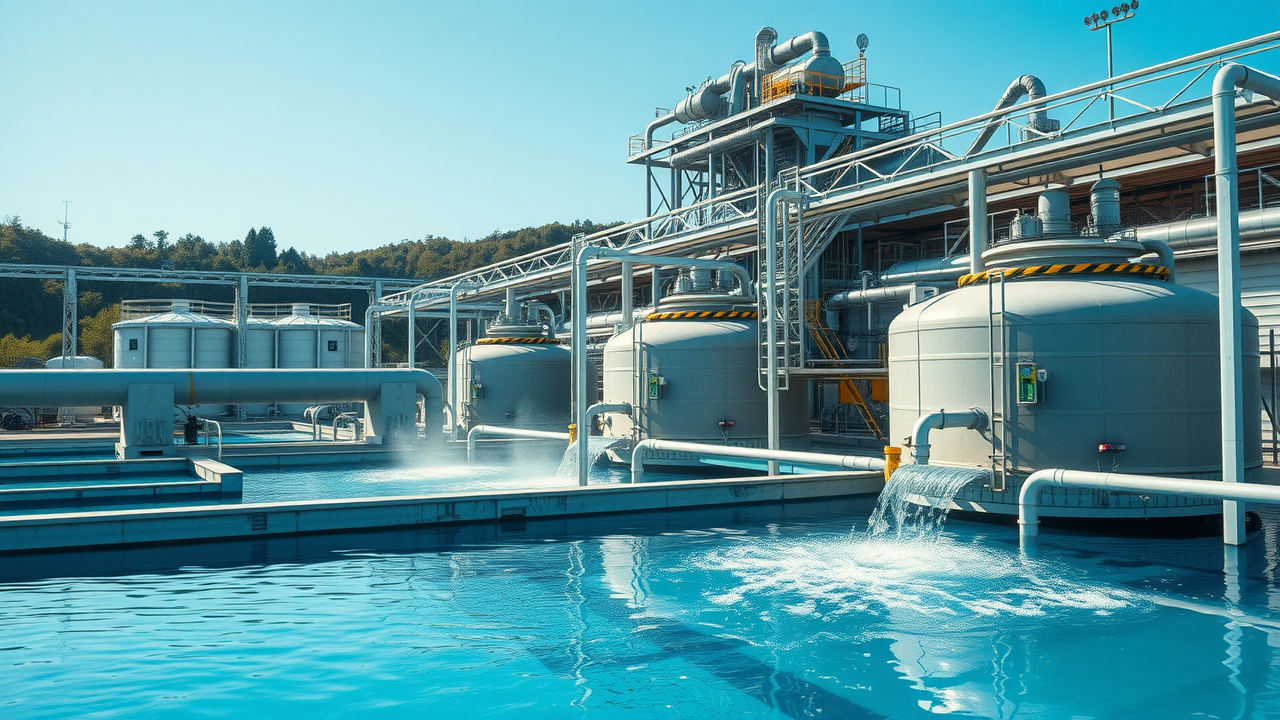
Why Industrial Waste Water Treatment Montclair Demands Immediate Attention
The call for improved industrial waste water treatment Montclair is louder than ever, and with good reason. With more than 50% of water pollution in Montclair directly linked to industrial wastewater discharges, local industries face mounting pressure to modernize treatment systems, safeguard the water district, and align with evolving environmental regulations. This is not only about avoiding sewer surcharges or legal penalties; it’s about business goals that prioritize both profitability and stewardship.
Communities depend on safe water for public health and business growth, while local industries require reliable, cost-effective treatment methods to stay competitive in today’s marketplace. Neglecting these responsibilities can risk violations, damage reputations, and undermine water circularity —a concept now central to modern water treatment strategies. Ultimately, the fate of Montclair’s water quality and its industries' sustainability are inseparably linked.
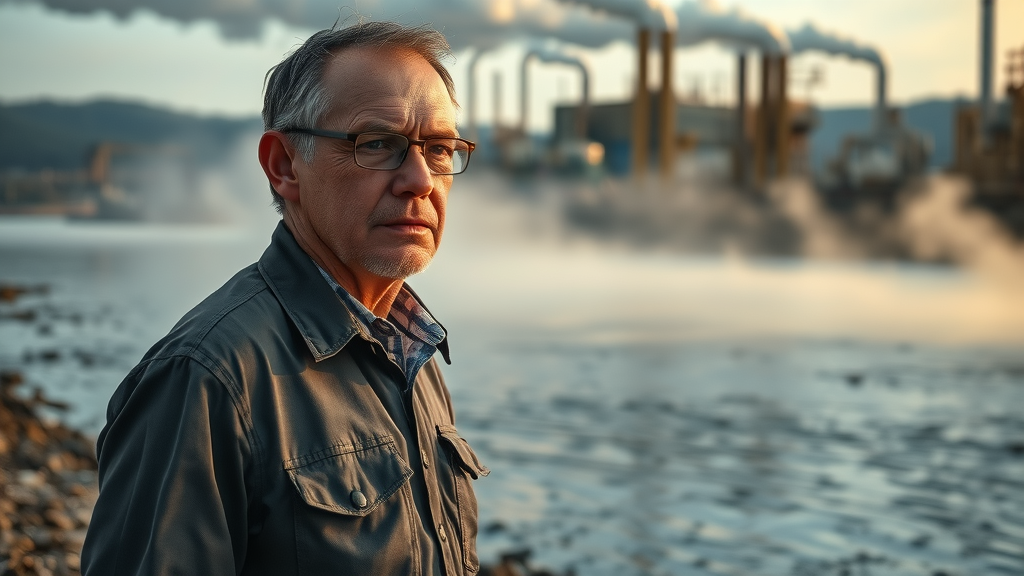
A Startling Look: Over 50% of Local Water Pollution Is Linked to Industrial Wastewater
While population growth and urban runoff contribute to water quality challenges, studies consistently show that over half of Montclair’s surface water pollution can be traced directly to inadequately treated industrial wastewater. Facilities across textiles, manufacturing, food processing, and chemical sectors all generate high-strength waste that challenges current treatment technologies. The resulting contamination not only burdens the local treatment system but also jeopardizes recreational water bodies, municipal drinking water supplies, and fragile ecosystems downstream.
This reality demands a multi-pronged approach, combining regulatory enforcement, innovation, and stakeholder engagement. As Montclair’s economy continues to industrialize, the choices companies make today—on technology, compliance, and best practices—will determine whether local water bodies remain viable for generations or fall victim to irreversible degradation.
Understanding Industrial Waste Water Treatment Montclair: Definitions, Processes, and Impacts
To grasp the importance of industrial waste water treatment Montclair , it’s crucial to understand how it differs from municipal processes and why its impact reaches far beyond the factory gates. Industrial wastewater refers to water that has been negatively impacted by commercial activities and contains pollutants like hydrocarbons and aromatics, heavy metals, chemicals, and organic matter. Unlike typical municipal wastewater—primarily comprised of domestic sewage—industrial effluents require specialized treatment solutions guided by technical services, advanced system operation, and continuous monitoring to ensure regulatory compliance and environmental health.
What is Industrial Wastewater? Differentiating Municipal and Industrial Water Treatment
Industrial wastewater is distinct in both its origin and its composition. While municipal water treatment centers handle domestic sewage—think kitchens and bathrooms—industrial plants must contend with complex contaminants from manufacturing, food processing, and chemical production. These pollutants include landfill leachate, oils, detergents, biological waste, and even toxic heavy metals.
The treatment processes also reflect these differences. Municipal plants focus on removing biological and organic matter; industrial facilities deploy advanced chemical and physical treatment technologies (like membrane filtration, anaerobic digestion, and biological nutrient removal). As a result, the stakes for non-compliance are far higher in the industrial sector, impacting both business goals and community health. Understanding this essential difference underscores why Montclair must continuously innovate and upgrade its industrial wastewater solution infrastructure.
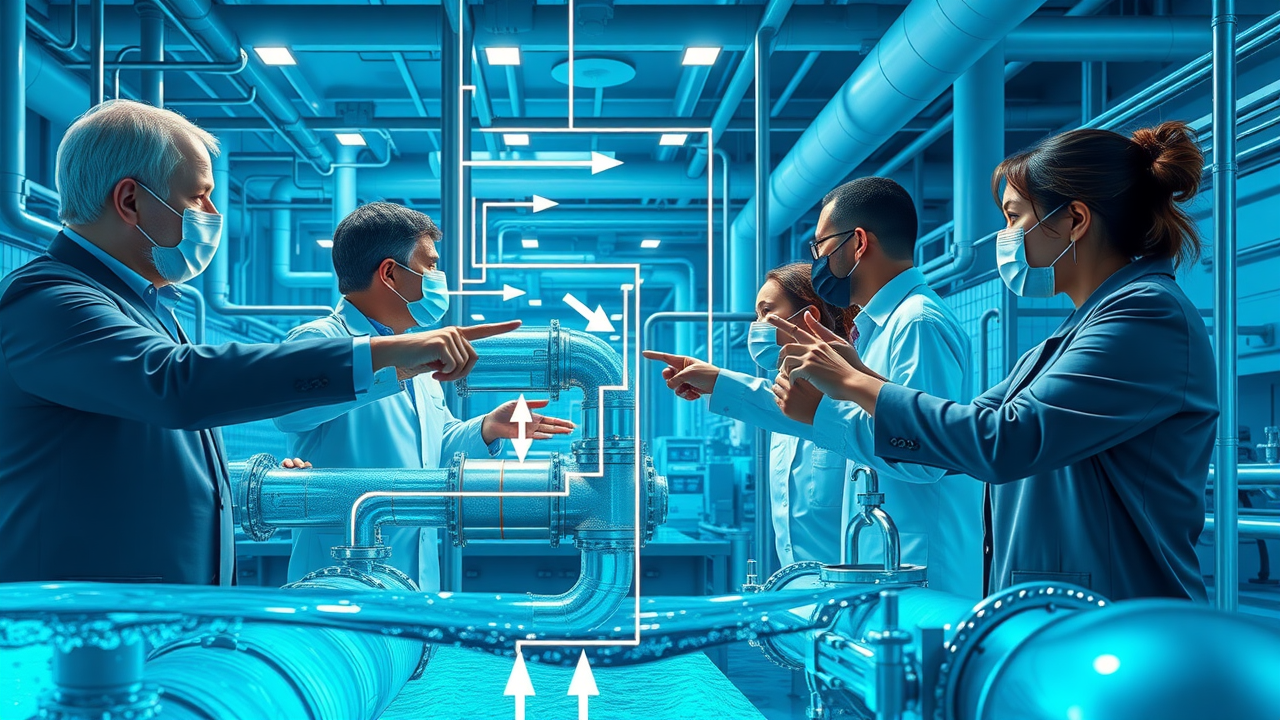
Industrial Waste Water Treatment Montclair: Processes and Technologies in Use
In Montclair, industrial waste water treatment leverages a wide range of modern technologies designed for efficiency, compliance, and cost control. Traditional primary treatments—sedimentation and screening—are combined with advanced secondary and tertiary methods, including membrane bioreactors, oxidation ditches, UV disinfection, and chemical precipitation. These approaches are often tailored based on the industry’s unique waste profile, supported by expert technical services and regulatory frameworks to ensure effective and safe effluent disposal.
Local industries increasingly rely on real-time monitoring systems and automation to ensure system operation stability and prevent surges in pollutant loads that can overwhelm municipal plants. Treatment as a service—outsourcing maintenance and compliance tasks to specialized providers—is also gaining traction, allowing factories to focus on business goals while maintaining water district standards. This holistic focus on performance and sustainability is key to keeping Montclair ahead in the evolving landscape of wastewater treatment solution.
Montclair Wastewater Treatment: Challenges for Modern Industry
Modern industrial enterprises in Montclair are confronting a fast-evolving regulatory environment, cost pressures, and mounting public scrutiny over environmental responsibility. Balancing innovation and compliance is no small feat, particularly as public awareness of water challenges—and the expectation for safe water—increases. The obstacles faced by local facilities are intricate, requiring agile treatment solution strategies, continuous investments in technical services, and a proactive approach to both solids treatment and water circularity.
Current Obstacles in Industrial Wastewater Treatment Montclair Facilities
Facilities often struggle with fluctuating waste streams, aging system operation infrastructure, and the unpredictable costs of compliance. Key hurdles include variable influent quality, the need for custom-engineered treatment technologies, rising sewer surcharges, and the challenge of upgrading outdated wastewater treatment systems to meet current and future environmental standards. With the city of Rancho nearby implementing stricter controls, Montclair industries are challenged to keep pace or risk costly penalties and reputational damage.
Furthermore, rapid industrial expansion has introduced new contaminants—such as pharmaceuticals, microplastics, and landfill leachate—that many legacy treatment systems are ill-equipped to handle. Pressure from community groups and regulatory agencies is pushing companies toward adopting best-in-class treatment section protocols, including regular audits and performance reporting.
Environmental and Legal Implications of Poor Industrial Waste Water Treatment Montclair
The consequences of inadequate industrial waste water treatment Montclair are profound and far-reaching. Environmental damages include toxic runoff into rivers and groundwater, with direct impacts on biodiversity, city of Rancho Cucamonga’s water district boundaries, and, ultimately, public health. The increased risk of contaminated drinking water puts communities at risk and can prompt expensive emergency interventions.
Combined with stringent state and federal regulations, poor water management can lead to substantial legal liabilities, including government fines, cleanup mandates, and years of oversight. Businesses found to be in violation also face costly public relations battles that can threaten long-term success. As such, environmental compliance is not just a bureaucratic hoop; it’s a core business imperative and an essential driver of lasting community trust.

Best Practices for Industrial Waste Water Management in Montclair
To stay competitive while supporting sustainable development, Montclair industries are increasingly adopting best practices that combine technical services with strong compliance programs. This includes the proactive use of new treatment section technologies, regular operator training, and partnership with wastewater solution providers. A holistic approach is key, one that addresses not only the efficiency of water treatment system processes but also the lifecycle management of waste streams—recycling, resource recovery, and safe disposal.
Case Studies: Success Stories in Montclair’s Industrial Waste Management
Several Montclair companies have set a regional benchmark by successfully upgrading their treatment systems and reducing sewer surcharges. For example, a major food processor partnered with local technical services experts to implement anaerobic digestion and advanced filtration, cutting their effluent pollutants by 70% and gaining recognition from the city of Rancho Cucamonga’s environmental oversight committee. Another electronics manufacturer adopted automated monitoring, achieving near-zero violations and strengthening its relationship with both the water district and downstream communities.
In each case, the move toward advanced treatment as a service arrangements has freed in-house teams to focus on core business goals while leveraging specialist expertise for ongoing compliance and process optimization. These stories demonstrate that investing in robust, future-ready wastewater treatment system upgrades isn’t just environmentally sound—it’s a smart business strategy.
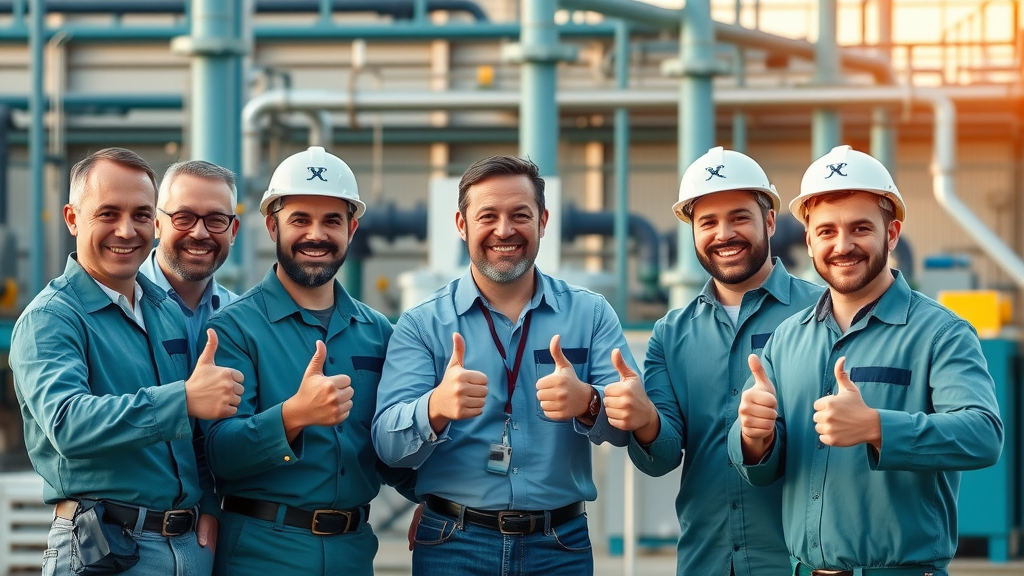
Innovative Approaches to Industrial Waste Water Treatment Montclair
The future of industrial waste water treatment Montclair is bright, driven by a wave of innovations in treatment technologies and sustainability strategies. As regulations tighten and water circularity becomes an industry norm, Montclair’s businesses are moving quickly to stay ahead of the curve—deploying advanced solutions that boost efficiency, lower costs, and support environmental goals.
Emerging Technologies in Industrial Wastewater Treatment
Among the next-generation tools reshaping local water treatment system landscapes are membrane bioreactors, zero-liquid discharge systems, and real-time IoT-enabled monitoring sensors. These advanced treatment solutions enable precise removal of complex contaminants, minimize waste generation, and optimize energy consumption. Deployment of these technologies supports rapid adaptation when influent compositions change—ensuring robust system operation and sustainable use of resources.
By working closely with providers offering treatment as a service and continually evaluating new technical services, Montclair’s industries are poised to lead the region in water circularity and resilience. Such innovation is not just about environmental protection—it also streamlines operations, reduces the burden of compliance, and aligns with emerging global expectations for industrial accountability.
Sustainable and Cost-Effective Solutions for Industrial Waste Water Treatment Montclair
Sustainability isn’t just a buzzword in Montclair—it’s a competitive differentiator. Companies are turning to closed-loop systems, water reuse partnerships, and resource recovery processes that convert waste into valuable byproducts. These solutions have a dual benefit: they reduce environmental impacts while also delivering tangible savings for businesses through lower utility bills, reduced sewer surcharges, and improved process efficiencies.
Adoption of green chemistry, recycled process water, and effective solids treatment systems not only helps avoid landfill leachate complications but also positions companies for incentives and public recognition. Montclair’s industrial future will increasingly be defined by those who invest early in clean, circular, and cost-effective wastewater solution models.
Animated walkthrough: A step-by-step visual guide showing modern industrial wastewater treatment processes in a Montclair facility, with overlays for technology highlights and environmental benefits. Duration: 2-3 minutes.
People Also Ask: How much does it cost to treat industrial wastewater?
The cost of treating industrial wastewater in Montclair varies widely based on the type of contaminants, the required level of effluent quality, system operation complexity, and whether treatment as a service is used. Factors include facility size, volume and toxicity of wastewater, equipment and technical services, and compliance with the Montclair water district regulations—including potential sewer surcharges.
Cost Factors for Industrial Waste Water Treatment Montclair: A Detailed Breakdown
Primary cost considerations for industrial waste water treatment Montclair include capital expenditures (for new treatment technologies or upgrades), operating expenses (energy, chemicals, labor), maintenance, and compliance costs. Companies must also plan for hidden expenses, such as emergency system operation during process upsets or penalties for non-compliance. Additional expenses can arise from unforeseen scenarios like extreme weather or breakdowns in water district cooperation. Many local businesses are now seeking wastewater treatment solution providers who bundle system design, operations, and regulatory reporting into a single, predictable contract—containing costs while ensuring performance targets are met.

People Also Ask: How to treat industrial waste water?
Treating industrial waste water is a multistage process that varies depending on the specific industry, contaminants, and local regulations. In Montclair, the process typically follows a stepwise approach—starting with preliminary screening and moving through a series of biological, chemical and physical cleaning phases, often leveraging advanced treatment technologies for the specific needs of complex industrial waste streams.
Step-by-Step Guide to Treating Industrial Waste Water in Montclair
Initial Screening: Removal of large debris and grit through mechanical screens and settling tanks to prevent equipment damage.
Primary Treatment: Sedimentation and clarification to reduce suspended solids and lower total pollutant loads for subsequent processes.
Secondary Treatment: Biological and chemical processes—like activated sludge or membrane bioreactors—to degrade organic contaminants and tackle nutrients or hydrocarbons and aromatics.
Tertiary Treatment: Advanced methods such as filtration, UV disinfection, and carbon adsorption to achieve regulatory discharge standards or enable water reuse.
Sludge Management & Disposal: Safe handling, dewatering, and resource recovery of biosolids or landfill leachate as appropriate.
Continuous monitoring and system optimization—often handled by third-party technical services—ensure long-term performance and regulatory compliance.
People Also Ask: How do you neutralize industrial waste water?
Neutralizing industrial waste water is a critical step in ensuring environmental safety and compliance with regulations. Methods typically focus on adjusting pH to a safe range (usually 6-9), using chemical additives or biological processes that target acidic or alkaline industrial waste for conversion to neutral effluent, reducing the risk of corrosive damage and toxic shock to the local ecosystem.
Neutralization Methods for Industrial Waste Water Treatment Montclair
In Montclair’s facilities, neutralization may involve the automated dosing of alkaline or acidic agents (such as lime, sodium hydroxide, or sulfuric acid) depending on the incoming waste stream. For certain industries, innovative biological approaches—using specialized microbes—can help buffer pH while breaking down organic pollutants. Real-time sensors and control systems monitor effluent in the treatment section, enabling rapid response to surges in contaminant levels and ensuring continuous compliance with water district regulations.
Integrating neutralization within a larger treatment solution minimizes environmental impact while maximizing reuse potential and operational safety.
People Also Ask: How do you get rid of industrial waste?
Disposing of industrial waste safely requires strict adherence to local, state, and federal guidelines. Montclair industries typically use a combination of on-site treatments, secure transportation, and authorized disposal or recycling facilities for liquid and solid industrial waste streams. This not only ensures environmental protection but also supports water circularity and resource recovery.
Safe and Responsible Disposal Practices in Industrial Waste Management Montclair
Best practices for safe disposal include segregating hazardous from non-hazardous wastes at the source, using closed-loop systems wherever possible, and tracking all waste streams through detailed reporting and manifesting systems. Many firms collaborate with certified technical services and earth and environmental specialists, reducing risk and enabling efficient landfill leachate or biosolids management that meets environmental and public health standards. Commitment to responsible waste management also lays the foundation for positive community relationships and strengthens public trust.
Montclair’s Path Forward: Expert Quotes on Industrial Waste Water Treatment
"Effective industrial waste water treatment in Montclair isn’t just good for business – it’s crucial for our future." – Local Environmental Scientist
Tables: Comparative Analysis of Montclair Industrial Waste Water Treatment Solutions
Treatment Method |
Effectiveness |
Cost |
Environmental Impact |
|---|---|---|---|
Conventional Activated Sludge |
Moderate (suitable for common organics) |
$$ (medium) |
Medium (sludge waste, high energy use) |
Membrane Bioreactor (MBR) |
High (removes complex pollutants) |
$$$ (high initial investment) |
Low (high-quality effluent, water reuse enabled) |
Zero-Liquid Discharge (ZLD) |
Very High (maximal resource recovery) |
$$$$ (very high) |
Very Low (minimal discharge, highest circularity) |
Chemical Precipitation |
Variable (depends on targeted contaminant) |
$ (low-moderate) |
Medium (chemical byproducts, sludge) |
Industrial Waste Water Treatment Montclair Checklist: Quick Reference
Key regulations for industrial wastewater treatment in Montclair
Top equipment and technologies for local water treatment facilities
Disposal and recycling options for industrial waste
Common Concerns: FAQs About Industrial Waste Water Treatment Montclair
Is specialized licensing required for industrial wastewater operators in Montclair?
Yes. Operators must hold relevant state certifications, and local regulations require ongoing professional training to ensure safe and compliant system operation.How does Montclair regulate hazardous waste materials in effluent?
Strict local, state, and federal laws mandate regular testing, reporting, and compliance audits. Discharges are monitored for hazardous materials, with penalties for exceedances.What should businesses do in case of a wastewater spill or emergency?
Immediately notify local authorities and the water district, activate emergency response protocols, and document the incident. Professional technical services should manage cleanup and reporting.
Key Takeaways for Montclair’s Industrial Waste Water Treatment
Early intervention yields cost savings and compliance
Adopting new technology benefits local business and ecosystem
Community engagement drives better long-term waste solutions
A Vision for the Future of Industrial Waste Water Treatment in Montclair
Imagine Montclair with a resilient, smart water treatment system at the heart of its green infrastructure—where industrial waste is transformed, not just treated, and the community thrives alongside sustainable business.
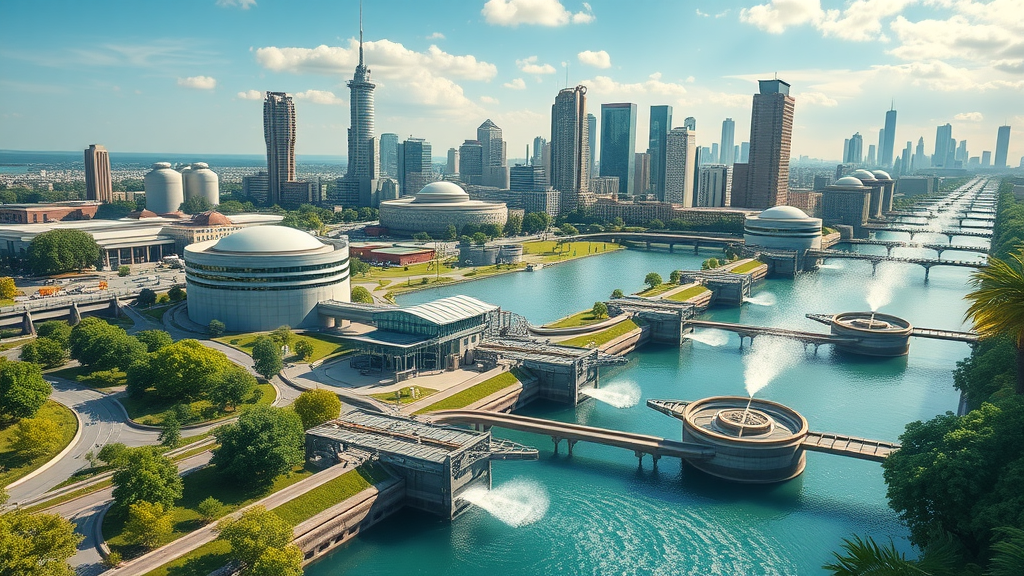
Get Involved: Advocate for Better Industrial Waste Water Treatment Montclair
Every resident, business leader, and policy-maker has a role to play. Support progressive water policies, stay informed on new treatment solution advances, and engage with local initiatives. Together, we can ensure Montclair remains an example of industrial progress AND environmental stewardship.
Sources
In Montclair, California, effective industrial wastewater treatment is crucial for environmental sustainability and public health. The Inland Empire Utilities Agency (IEUA) serves as the regional wastewater facility, providing services to Montclair and surrounding areas. IEUA’s responsibilities include managing domestic and industrial wastewater disposal systems, energy recovery, and biosolids treatment, all aimed at protecting groundwater quality. ( en.wikipedia.org )
Local companies are also taking proactive steps to address wastewater challenges. For instance, the Monte Vista Water District in Montclair has partnered with Envirogen Technologies to implement ion exchange systems designed to remove nitrate contaminants from groundwater. This initiative aims to treat 2,000 gallons per minute of well water, reducing nitrate levels to meet safety standards. ( envirogen.com )
Additionally, Industrial Waste Utilization, Inc., based in Montclair, offers comprehensive waste management services, including hazardous and non-hazardous waste transportation and disposal. Their expertise supports local industries in maintaining compliance with environmental regulations and promoting sustainable waste management practices. ( iwu.com )
These efforts underscore Montclair’s commitment to improving industrial wastewater treatment, ensuring the protection of local water resources and the well-being of the community.
 Add Row
Add Row  Add
Add 

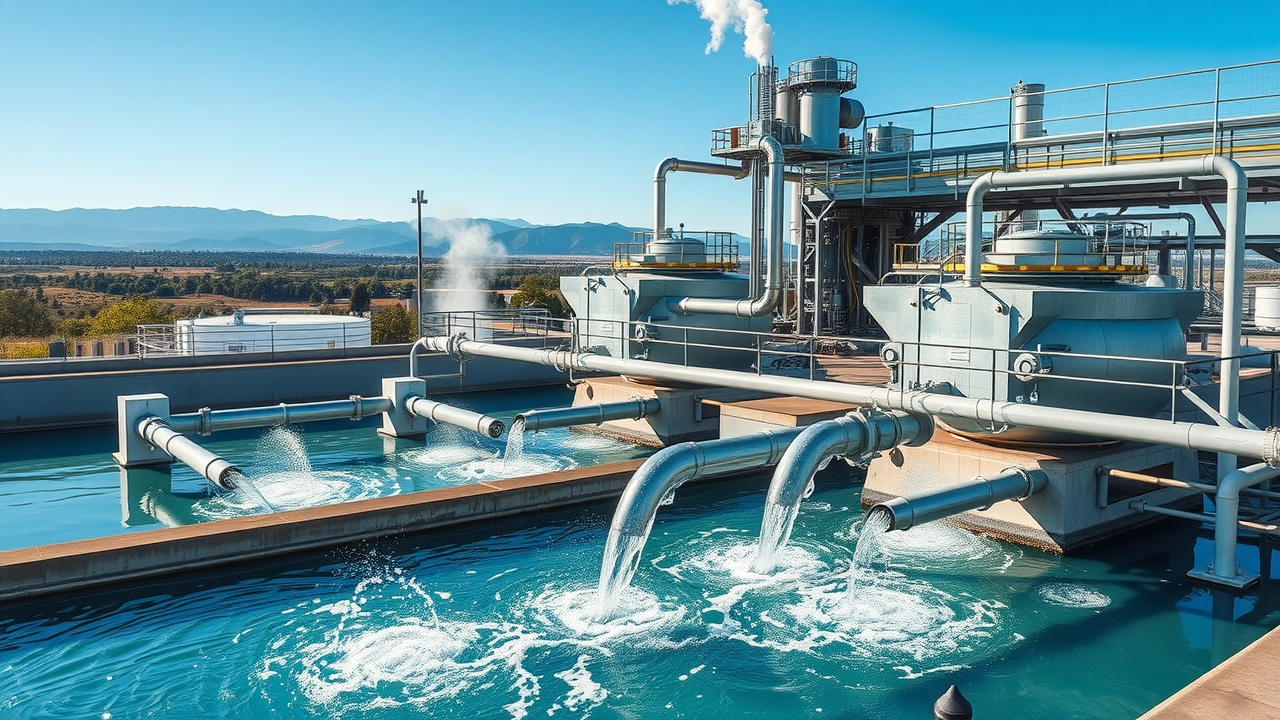
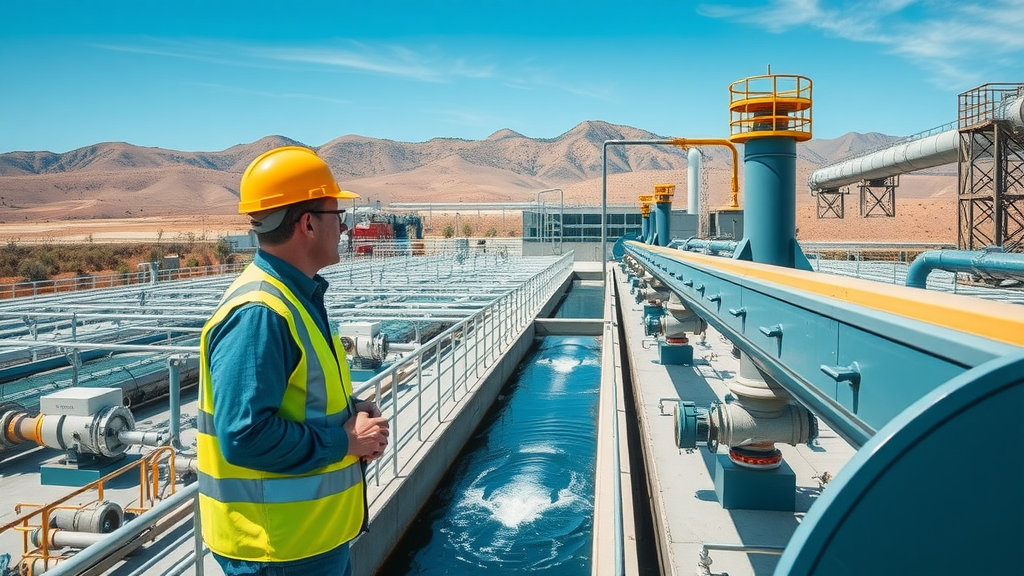
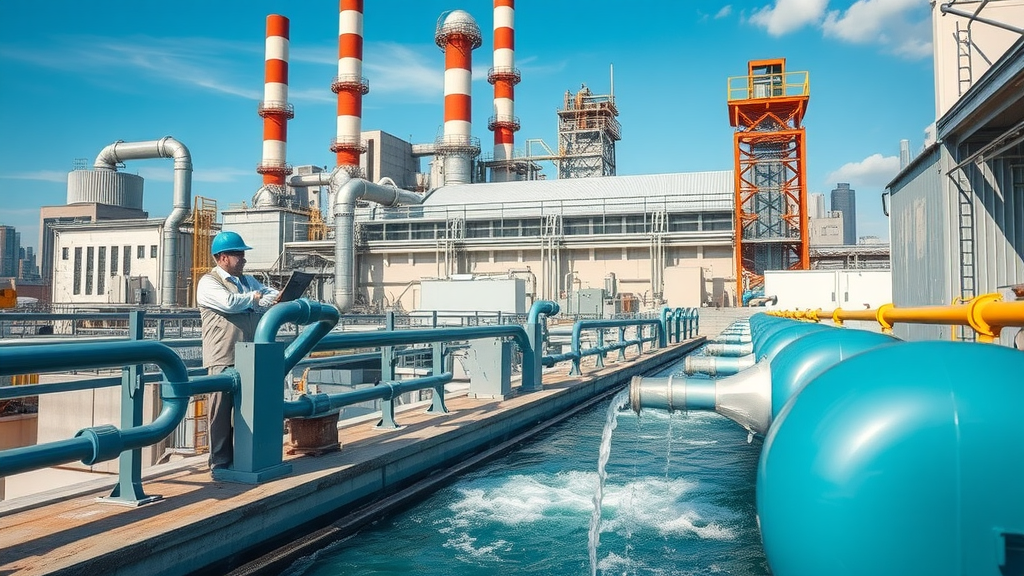
Write A Comment